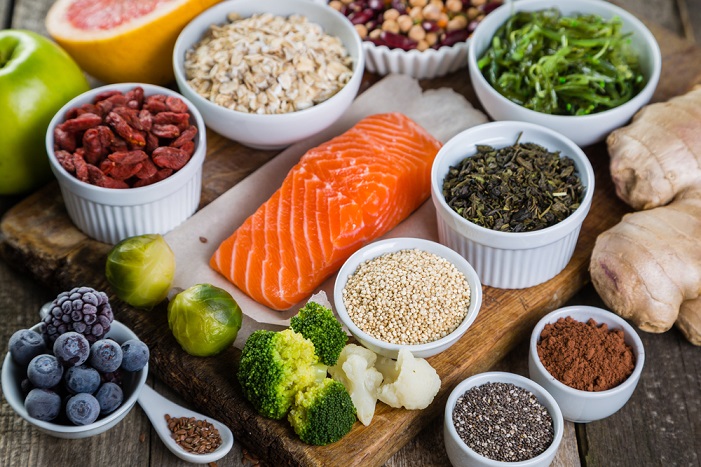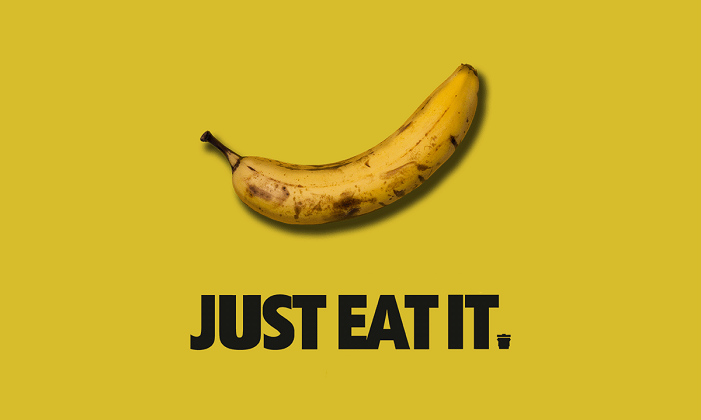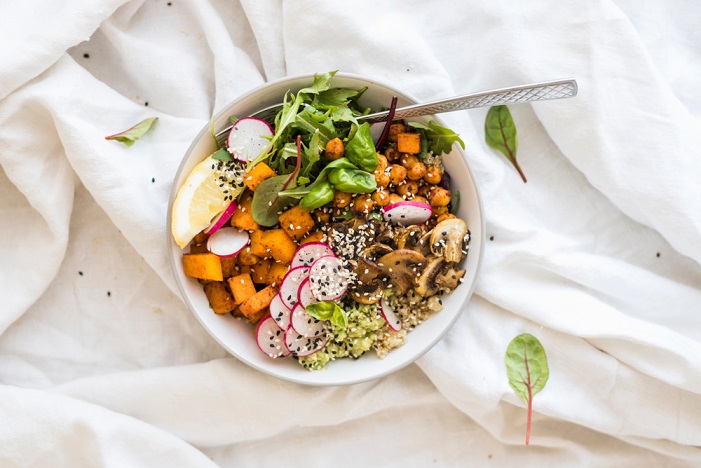SUMMARY
Staying fit and healthy means getting as many nutrients as you can while monitoring and restricting your calorie intake. The foods you need to do this effectively are “nutrient dense.” Here are some of the best nutrient dense foods around.
Table of Contents
10 Great Nutrient Dense Foods
Foods That Are Promoted As Nutrient Dense…But Aren’t
Nutritious Foods You Can Add to Your Smoothie for a Quick Burst of Energy
Nutrient Rich Snacks to Eat On-the-Go
Fitting Nutrient Dense Foods Into a Busy Lifestyle
What you choose to eat has a big impact on your health and well-being.
Your body needs a lot of nutrients each day, and the best, most natural way to do that is by making the right choices with the foods you eat.
All food contains nutrients, but the amount of nutrients it contains for a given amount of calories can differ substantially.
The best foods to choose are “nutrient dense,” which means that they contain a lot of valuable nutrients for a small amount of calories. These are the foods that will keep you feeling healthy and vibrant without compromising your figure.
So what are the most nutrient-dense foods you can get? Which are the best foods to stock up on?
10 Great Nutrient Dense Foods
Here is a selection of some of the best things to eat to get more nutrients for fewer calories.
Salmon
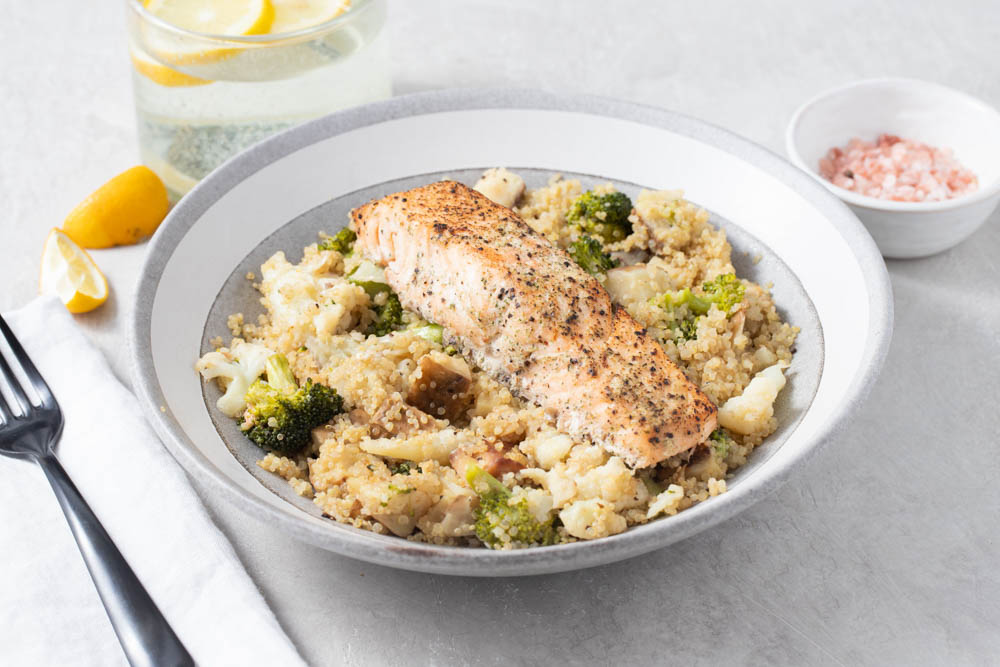
Fatty fishes like salmon contain large amounts of omega-3 fatty acids. These are “polyunsaturated” fats known to be beneficial for reducing the risks of many health issues, in particular heart problems. Every 100 grams (3.5 ounces) of wild salmon contains around 2.8 g of omega-3s, but this isn’t the only nutrient salmon contains in substantial amounts. You also get some much-needed protein, potassium, selenium, magnesium, vitamin B12 and vitamin D. That 100 g / 3.5 ounce serving is just 168 calories, but for those calories you get an impressive amount of nutrients, as well as a delicious and filling fish. It’s a fantastic choice for pescatarians and reducetarians in particular.
Ideally, choose wild salmon over farmed salmon, but any salmon still offers substantial benefits.
Spinach
Spinach is one of the most nutrient-dense leafy greens you can add to your diet, and should be a regular component of any diet, but especially vegan, vegetarian or reducetarian diets. The huge benefit of spinach is the very low calorie count for such a huge amount of nutrients, with 100 g / 3.5 oz containing just 23 calories. For this, you get six times your recommended dietary allowance (RDA) of vitamin K, almost twice your RDA for vitamin A, around half of it for folate, vitamin C and manganese, and closer to 10 percent for potassium, riboflavin, calcium, vitamin E and vitamin B6.
Spinach is also a very versatile green, and it can be easily incorporated into a wide range of dishes. In terms of nutrient density, if you were to get a similar amount of nutrients from brown rice or whole grain bread, you’d be consuming over 15 times more calories.
Moringa Leaves
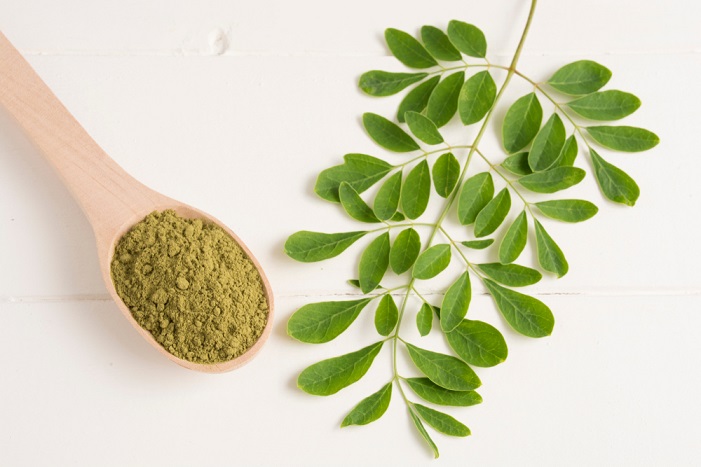
Moringa oleifera is a North Indian tree with many names, including the horseradish tree, the drumstrick tree and the ben oil tree, but the leaves of the tree are an excellent nutrient rich foodstuff you should consider incorporating into your diet. Every cup of fresh leaves you eat contains 2 grams of protein, 19 percent of your RDA for vitamin B6, 12 percent of your RDA for vitamin C, 11 percent for both iron and riboflavin, and slightly less for vitamin A and magnesium. Generally speaking, you’ll actually pick the leaves up as powders or capsules in the west.
Kale
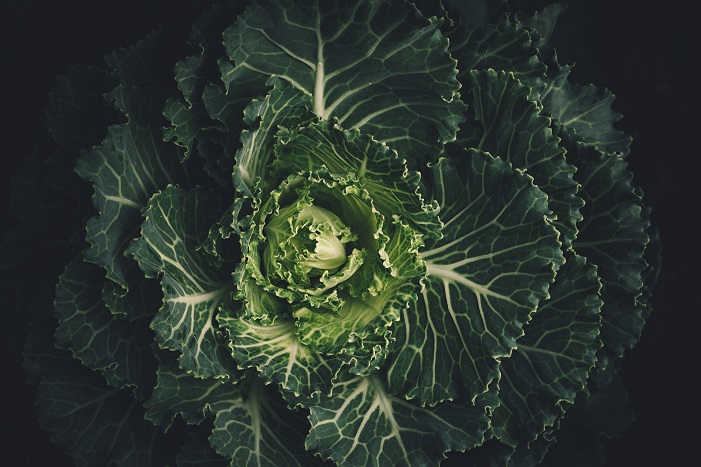
Kale is an even better leafy green than spinach when it comes to nutrient density. For a 100 g / 3.5 oz portion of kale, you consume 50 calories. For these calories, you consume twice your RDA of vitamin C, three times your RDA of vitamin A and a massive ten times your RDA for vitamin K1. As well as these, you also get vitamin B6, calcium, magnesium, copper, manganese and potassium, along with phytonutrients, fiber, protein and plant-based omega 3 fatty acids. In short, while spinach is very nutrient-dense and healthy, kale is arguably even better.
Seaweed
Seaweed is a less common ingredient than the others included on this list so far, but it’s a great choice for plant-based diets and anybody who wants to boost or maintain their health with nutrient-rich foods. Seaweed is actually a generic term for one of many plants found in the sea, but one familiar example is nori, which is used as a wrap in sushi dishes. A 100 g / 3.5 oz serving of seaweed contains just 43 calories, but an impressive 82 percent of your RDA for vitamin K, 45 percent of your RDA for folate, 30 percent for magnesium, 17 percent for calcium and 16 percent for iron. You get a lot more than this for a serving of seaweed though, including smaller quantities of manganese, riboflavin, zinc, copper and vitamin C.
Cacao

You might not expect to find chocolate on a list of the most nutrient dense food sources, but pure cacao/cocoa is actually very high in a wide range of nutrients, and this makes chocolate with over 85 percent cacao a great choice as both a little treat and a healthy snack. A 100 g / 3.5 oz serving of cacao does contain 228 calories, but you also pick up substantial amounts of health-promoting nutrients too. This includes almost twice your RDA for manganese and copper, 125 percent of the RDA for magnesium, about three-quarters of your RDA for iron and phosphorus, close to half for zinc and potassium, and finally less for selenium, riboflavin, calcium and niacin. As long as you don’t eat chocolate loaded with sugar, it’s surprisingly rich in essential nutrients.
Quinoa
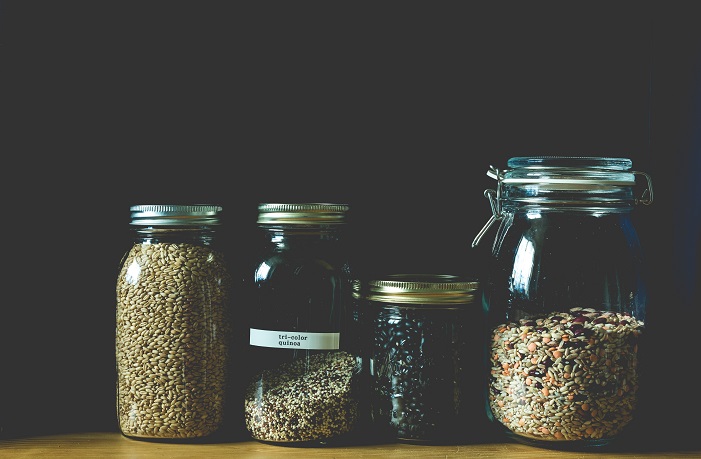
Quinoa isn’t quite as nutrient dense as some of the other entries on this list, but it contains a substantial amount of protein and a good selection of nutrients too. A 100 g / 3.5 oz serving of quinoa contains 120 calories, with 4.4 g (about 9 percent of your daily recommended) protein in the serving. This same serving will give you about a third of your RDA for manganese, and closer to a sixth for magnesium and phosphorus. It also contains many other components in lower amounts, including copper, iron, zinc, folate, thiamin, selenium and vitamin B6. It’s a good source of carbohydrates, though, and it can be used in many dishes besides other nutrient-dense ingredients.
Liver
For reducetarians, flexitarians and meat-eaters, liver is easily one of the most nutrient dense foods you could incorporate into dishes. The calories per 100 g / 3.5 oz of beef liver are quite high at 191, but it has so many nutrients that you’ll only need to eat it once a week to get ample B vitamins in your diet in particular. For example, this same serving gives you over 10 times your daily value (DV) for B12, over twice your DV for B2 and over 50 percent for B5 and B6. The serving will also get you over half of your DV for folate and niacin, and over 30 percent for zinc, phosphorus, iron and selenium. As well as 29 g of protein for every 100 g serving, you’ll also get a huge seven times your DV for copper and over six times your DV for vitamin A.
You shouldn’t eat liver too often, though, because the vitamin A content in particular can cause problems at high intakes. Stick to once a week to get all the nutrients without the downsides.
Egg
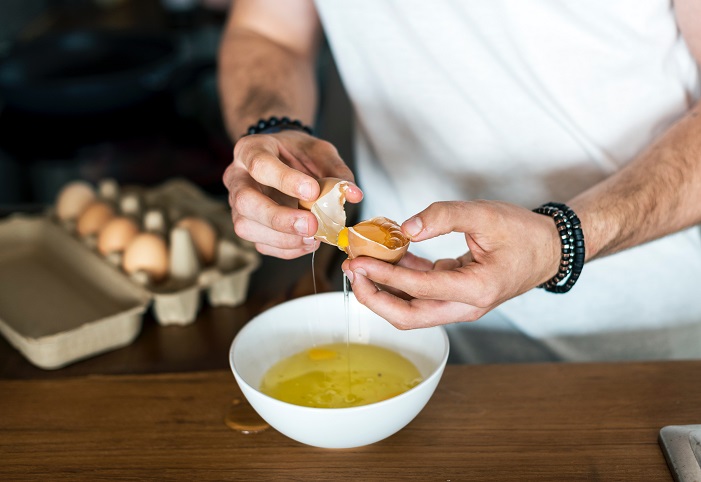
Eggs are an incredibly common ingredient, but are also fantastic sources of a huge range of nutrients and vitamins. Much like quinoa, they don’t contain huge amounts of anything in particular, but the range of nutrients contained within each egg is enough to catapult them onto this list. For a single large egg, for around 70 calories you get (going from higher percentages of your RDA to lower) selenium, riboflavin, vitamin B12, phosphorus, pantothenic acid, folate, iron, vitamin A, vitamin B5, zinc, vitamin B6, vitamin D, calcium and copper. For selenium, you get 23 percent of your RDA, but this is for a single egg – two eggs doubles this, three triples it and so on. They’re also rich in protein and healthy fats, but most of the nutrient density is contained within the yolk.
Sardines
Finally, for pescatarians, reducetarians and meat-eaters, sardines are another example of a nutritious, natural food from the ocean. Like salmon, sardines are rich in omega-3 and protein, but their small bones also provide much-needed calcium. For 100 g / 3.5 oz of sardines, you take in 208 calories, but along with 24.6 g of protein, you get 149 percent of your RDA for vitamin B12, three-quarters of your daily selenium, two-thirds of your vitamin D, about half of your daily phosphorus and smaller amounts of calcium, niacin, iron, riboflavin, potassium, magnesium and vitamin E.
Foods That Are Promoted As Nutrient Dense… But Aren’t
Nutrient density is one of the most important things you can think about when you’re choosing what to eat, but not all foods commonly-claimed to be nutrient dense really are. The most obvious types of foods with poor nutrient density are things like French fries and soda, but just because a food is natural and looks healthy doesn’t mean it’s the best choice for nutrient density.
Avocado
Avocado is a great example of this. If you eat 100 g / 3.5 oz. of avocado, you’ll get about a quarter of your daily recommended vitamin K, a fifth of your daily recommended folate and smaller amounts of other nutrients, but this also comes with 160 calories and 23 percent of your daily allowance of fats. While you shouldn’t avoid avocado by any means – it’s delicious and still rich in nutrients such as potassium – compared to something like spinach or kale it can hardly be considered nutrient dense.
Plums
Plums are sometimes mentioned on lists of nutrient-dense foods too, but even though they are great in terms of calories – with just 46 calories per 100 g / 3.5 oz. serving – they don’t really pack many nutrients into a serving compared to many of the others on this list. A 100 g serving gets you 16 percent of your daily vitamin C, but for everything else the quantities are much smaller. Again, plums are still a healthy food and can be a great snack, but referring to them as nutrient dense is pushing it.
Nutritious Foods You Can Add to Your Smoothie for a Quick Burst of Energy
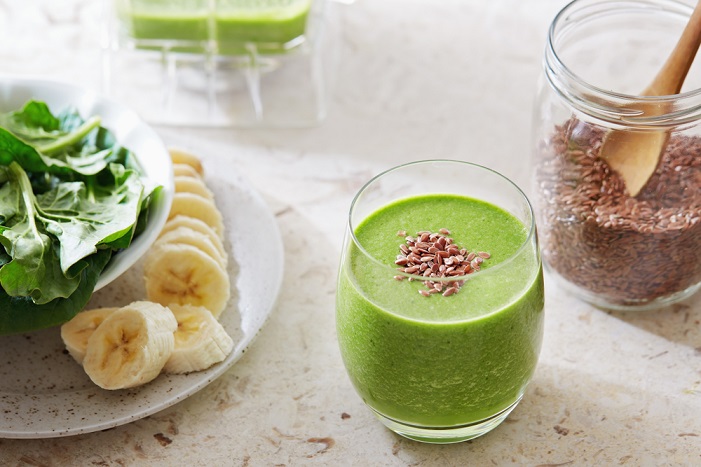
A great way to get nutrient rich foods into your daily diet is to incorporate them into a smoothie. The benefit of this is that smoothies are easy to pick up on-the-go and don’t require much meal prep to get them tasting delicious and full of goodness.
Moringa and Spirulina
The best nutrient dense food from the list above for this is undoubtedly moringa. The powder can be added to any smoothie to hugely boost the nutrient content dramatically, and can work with a wide range of other ingredients. Adding a couple of tablespoons of spirulina can have a similar effect.
Kale and Spinach
Some other fantastic options for any smoothie are kale and spinach. These will both have more of an impact on the taste of the smoothie than a simple powder, but as detailed above, they pack tons of nutrients in for very few calories indeed. Combined with fruits, they help you create a more balanced meal out of your regular smoothie. This is also a great idea if you sometimes struggle to incorporate vegetables into your diet in other ways.
Seeds and Nut Butters
Although slightly higher in calories, nuts, seeds and nut butters can also be valuable additions to your smoothie. Flaxseed in particular is a good choice, because it has omega-3, protein and fiber, and a couple of tablespoons will only add around 60 calories to the total for your smoothie.
Nutrient Rich Snacks to Eat On-the-Go
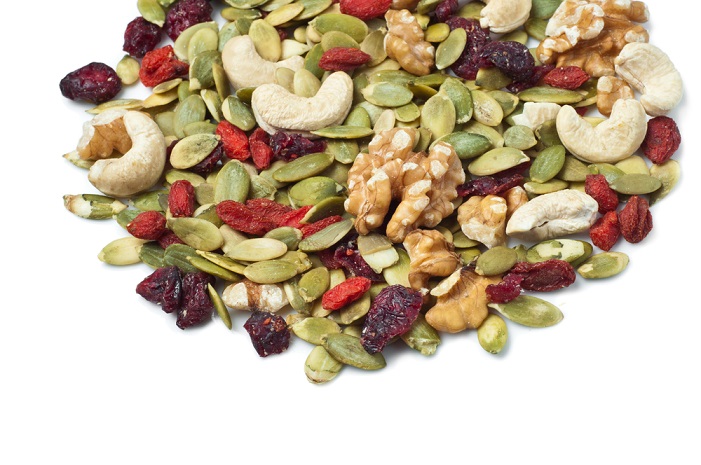
Along with smoothies, finding some great nutrient dense snacks to enjoy when you’re on the go is a key tip for staying healthy and maintaining a nutrient-packed diet.
Goji Berries
Goji berries are a fantastic option for snacking on-the-go. They’re absolutely packed with nutrients, but the best thing about them is that they’re delicious enough to just be eaten without preparation. Fruits are great for the same reason, but in general they can’t compete with goji berries when it comes to nutrient density.
Trail Mix
A trail mix is another similar choice for high nutrient snacking on-the-go, especially if you make it out of nuts and fruits high in nutrients. Incorporate almonds, walnuts, sunflower seeds, pumpkin seeds and a selection of dried fruits and you’ll produce a mix that’s both filling and loaded with valuable nutrients.
Yogurt
Yogurts are also a fantastic option if you’re looking for a nutrient-dense snack. You’ll get protein, calcium, potassium and vitamin D in any yogurt, but you’ll get the most benefits from incorporating a yogurt snack into your day if you choose a low-fat variety and add some of your favorite fruits to it.
Fitting Nutrient Dense Foods Into a Busy Lifestyle
If you’re a busy mom or professional who cares about her diet, knowing the most nutrient dense food sources is great, but finding the time to cook from scratch regularly is far from easy. With kids to pick up, work to fit in and time for exercises like jogging or yoga to fit in, getting yourself down to a farmer’s market to gather ingredients and spending time in the kitchen isn’t always possible.
You want energy-boosting, nutrient-rich foods, but fitting these into a busy lifestyle can be a huge challenge.
Firstly, don’t beat yourself up for not always having the time to cook from scratch. Everyone has a lot on their plate and you don’t have to be a superwoman. But if you do want high-quality, clean food that’s both delicious and good for you, there is a way to do it without investing too much of your precious time. Fresh N Lean’s freshly-prepared and pre-cooked meals emphasize getting premium, nutrient-dense, unprocessed and healthy meals into your home with no effort from you. You get all the benefits of the nutrient-dense foods listed above and you barely have to lift a finger, so you can focus on living your life and let us worry about the food.
Fresh N Lean is the nation’s largest organic meal delivery service. Our tasty, chef-prepared cuisine is always fresh and never frozen, and we offer convenient meal plans like Protein+, Keto, Paleo, Standard Vegan and Mediterranean. Choose Fresh N Lean for affordable nutrition, delivered to your doorstep.
